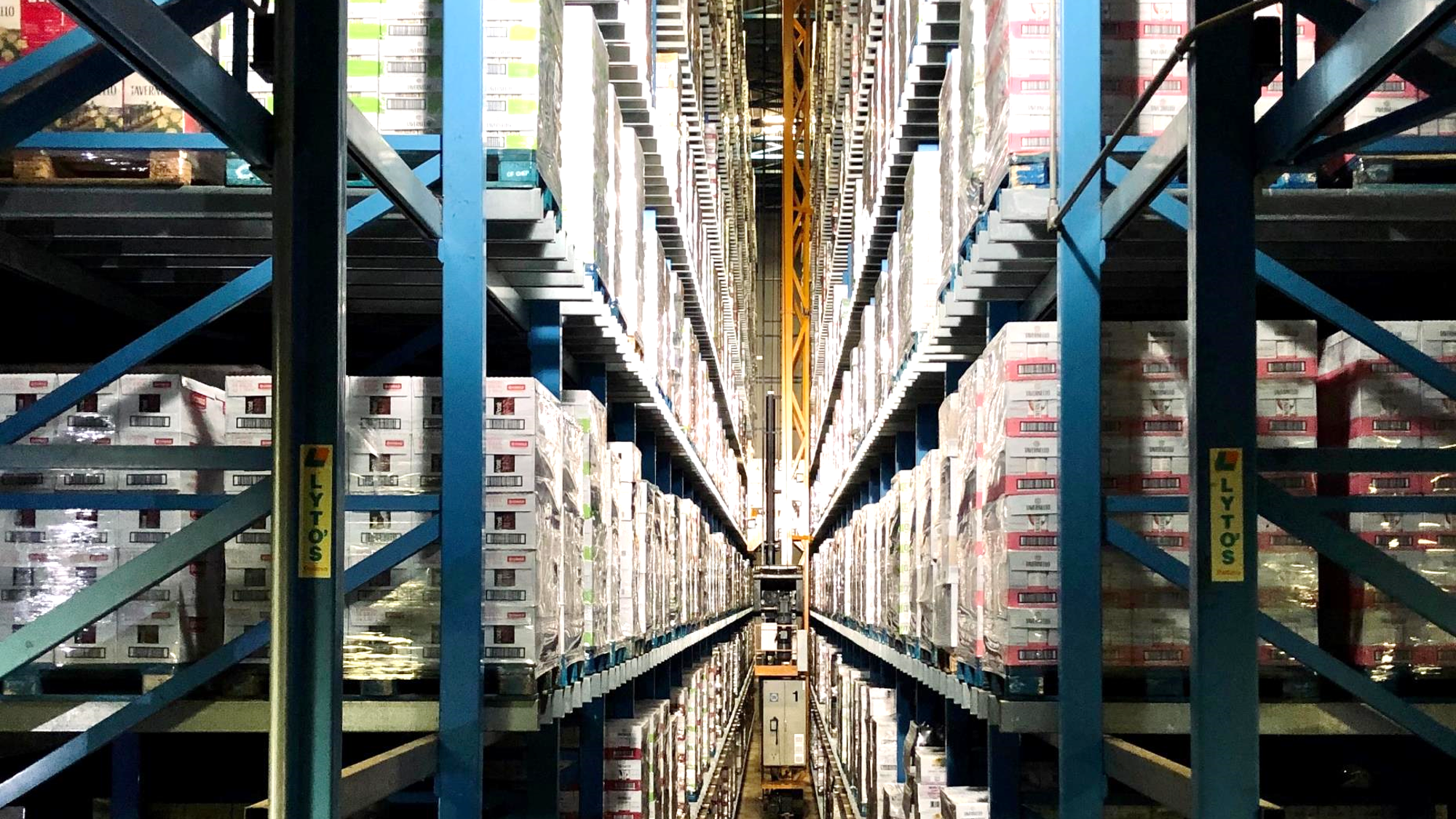The supply chain is moving at speeds unimagined just a year ago. The COVID-19 pandemic drove consumers and businesses online, accelerating a supply chain digitization trend forward as much as 10 years, according to some experts.
For shippers adapting on the fly, the end result has been a Band-Aid approach to getting things done and product moved. In many cases, optimization of the supply chain became an afterthought to getting product to the end consumer.
To combat this, Locus, a global B2B software-as-a-service company, has introduced Locus NodelQ, which the company describes as an end-to-end supply chain decision-making platform. NodelQ is “a smart supply chain decision-making platform that enables companies to perform end-to-end network and inventory optimization.”
“A black swan event like the pandemic demonstrates the importance of agility in the supply chain,” said Krishna Khandelwal, chief business officer of Locus. “But supply chains are enormously complex, and depending on the scope of the operation, the number of factors to weigh in while making the right strategic decision is truly beyond human capacity. NodeIQ’s AI-powered strategic decision-making capabilities let enterprises make the right strategic choices so they can stay agile and optimize results at every level.”
Locus focuses on fast-moving consumer goods (FMCG), consumer packaged goods (CPG), retail, home services, third-party logistics (3PL), e-commerce and industrial enterprises. Its products utilize artificial intelligence and machine learning to help enterprises manage supply chain complexity, including routing, capacity and network design.
NodeIQ automates strategic supply chain decisions that impact four key areas: flow, location, inventory and strategic sourcing. Users of NodelQ can optimize the movement of goods, from raw materials to delivery of finished products, identify optimal facility locations to address supply and demand gaps, optimize stock levels, and improve strategic sourcing, the company said.
NodeIQ factors in real-time constraints like service levels, lead times, costs and capacity to minimize costs and maximize efficiency.
“When COVID-19 hit, demand supply planners, procurement managers, supply chain analysts, e-commerce and warehousing specialists and other supply chain leaders at organizations around the world came together to assess how the pandemic was affecting the supply chain and make decisions on how to move forward,” noted Khandelwal. “Lack of digital visibility hampered this effort for too many enterprises. Locus NodeIQ and our complete portfolio of solutions can provide that visibility.”
One benefit of NodelQ, Locus explained, is the ability of users to drill down through different scenarios, allowing for the evaluation of potential impacts on various segments of the supply chain.
Source: FreightWaves.com


